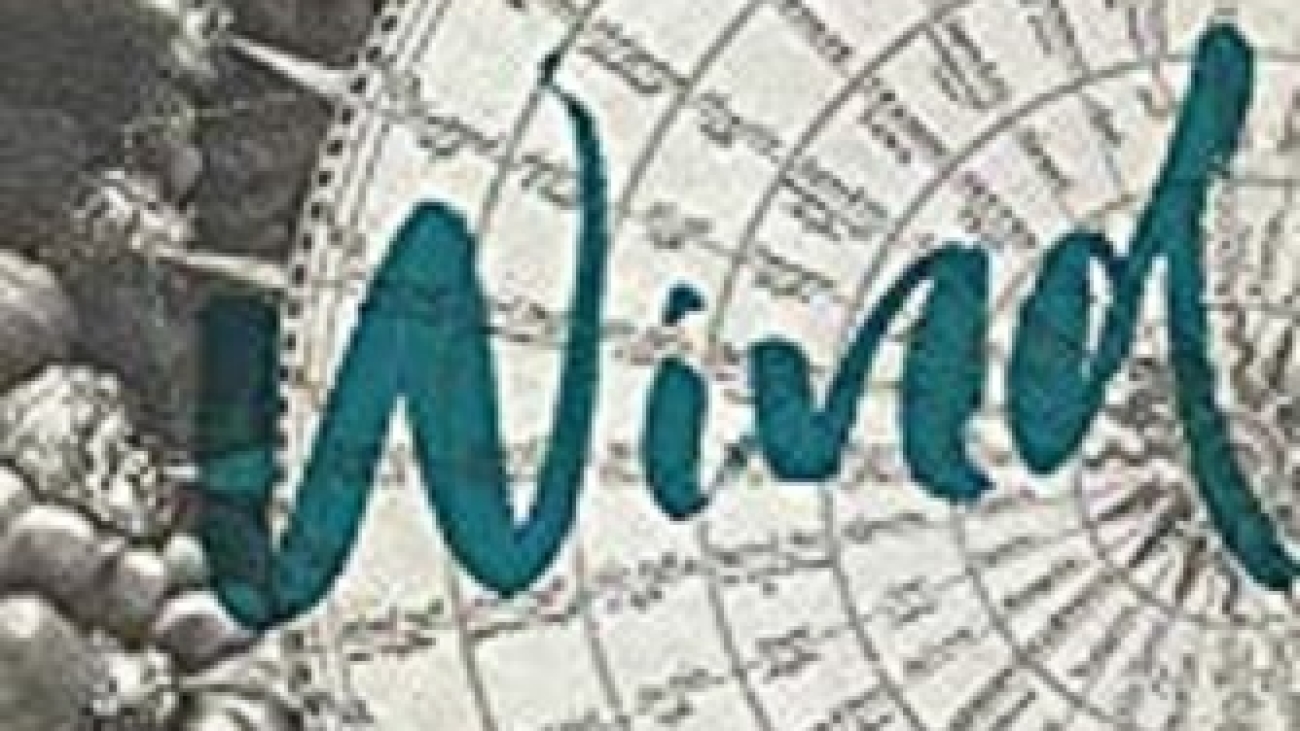Reviewed by Dianne Woodman
Wind: A Tragicomedic Tale of Trials & Errors is an entertaining book of political and social satire that focuses on the conflict between religious beliefs and science, along with human rights issues. The chapters are split into sections that coincide with the six days of the biblical account of creation. Genesis 1 has been assigned as part of the reading material for a western literature course at the Oklahoma Public Education Center (OPEC) in Oklahoma City. Should this be allowed or is it unconstitutional? Are the Censorship threats from the American Civil Liberties Union a real concern? Purchase Here.
The story centers around Henrietta Hebert, Professor Owen Hatteras, Lawrence Farrell, and William B. Ryan, although all of the supporting characters play essential roles. Henrietta wants to rejuvenate her journalism career by furthering her education. She enrolls at OPEC and takes on the task of writing for the school newspaper under the tutelage of Professor Hatteras. Owen adamantly disagrees with the story of biblical creation but changes his stance in pursuit of his own agenda which ties into the Scopes Monkey Trial of 1925. Farrell and Ryan, candidates in a District Attorney’s race, are on opposite ends of the political spectrum when it comes to whether or not Genesis 1 being assigned as reading material in a public school violates the constitution.
Diametrically opposing viewpoints of a highly controversial issue are deftly presented in a skillful fashion by Simon Plaster. He wonderfully depicts the extreme variance among people’s beliefs in delightful and serious ways that capture readers’ attention. The complex and intriguing commentary keeps readers invested in following the story to the end. Readers will appreciate that Plaster does not skew his writing toward a particular side in the never-ending dispute on whether or not the teaching of creationism violates the First Amendment’s free speech clause. Plaster also includes interesting views about famous books and their possible ties to social issues, such as feminism and populism. In particular, I appreciate Plaster’s artfulness, which includes bold musical notation, of illustrating the reactions of a church congregation and protestors on both sides of the heated debate.
Laugh out loud moments, clever word play, sardonic comments, ambiguous phrases, similes, metaphors, perseverance in the face of adversity, biblical quotes to back up beliefs, and sharp-witted jokes directed at politicians add to the overall appeal of this ingeniously titled riveting satire. Plaster keeps the tension steadily building until it culminates into a momentous and contentious public event that leads to a thought-provoking ending.
